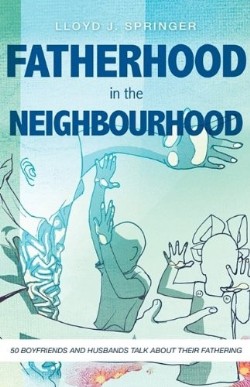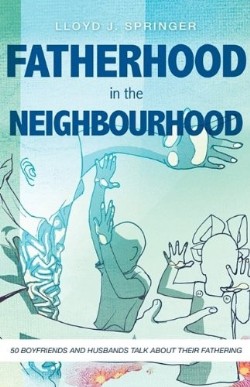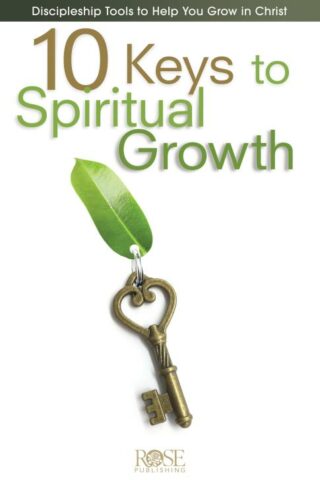Lloyd Springer
Showing all 2 resultsSorted by latest
-
Fatherhood In The Neighbourhood
$34.36Fatherhood in the Neighbourhood investigates the working-class father’s performance of his role toward his children. Organized around the extra-residential union, it paints a complex picture of the conjugal relationships from the men’s perspective. The 50 fathers, although confronted by poor wages, claimed that they generally supported their children. Several fathers admitted experiencing severe emotional trauma which caused them to: shed tears; lose their appetite; suffer with insomnia and worry about their children. Most fathers complained bitterly about “vindictive” child-mothers, who prevented them from gaining/maintaining access to their children. They were therefore unable to nurture or effect adequate guidance/discipline over their children. “‘Fatherhood’ is the first of its kind; that is its significance. No other study has so far been directed at this class of men, and for this reason it will be of considerable interest to students of masculinity and of the African-Caribbean family.” Barry Chevannes, Professor Emeritus of Social Anthropology University of the West Indies (U.W.I.), Mona “I have read ‘Fatherhood’ from cover to cover, and can truly say that it is late in coming to the book-store shelves.” Rommel Williams, Working-class father, Auto-body technician “This well-researched and articulately-organized volume provides valuable sociological insights into the causes and effects of extra-residential fatherhood. ‘Fatherhood’ should be compulsory reading for all sectors of society.” Winston K. King, Ph. D., Professor Emeritus, U.W.I., Cave Hill
Add to cartin stock within 3-5 days of online purchase
-
Fatherhood In The Neighbourhood
$21.86Fatherhood in the Neighbourhood investigates the working-class father’s performance of his role toward his children. Organized around the extra-residential union, it paints a complex picture of the conjugal relationships from the men’s perspective. The 50 fathers, although confronted by poor wages, claimed that they generally supported their children. Several fathers admitted experiencing severe emotional trauma which caused them to: shed tears; lose their appetite; suffer with insomnia and worry about their children. Most fathers complained bitterly about “vindictive” child-mothers, who prevented them from gaining/maintaining access to their children. They were therefore unable to nurture or effect adequate guidance/discipline over their children. “‘Fatherhood’ is the first of its kind; that is its significance. No other study has so far been directed at this class of men, and for this reason it will be of considerable interest to students of masculinity and of the African-Caribbean family.” Barry Chevannes, Professor Emeritus of Social Anthropology University of the West Indies (U.W.I.), Mona “I have read ‘Fatherhood’ from cover to cover, and can truly say that it is late in coming to the book-store shelves.” Rommel Williams, Working-class father, Auto-body technician “This well-researched and articulately-organized volume provides valuable sociological insights into the causes and effects of extra-residential fatherhood. ‘Fatherhood’ should be compulsory reading for all sectors of society.” Winston K. King, Ph. D., Professor Emeritus, U.W.I., Cave Hill
Add to cartin stock within 3-5 days of online purchase












